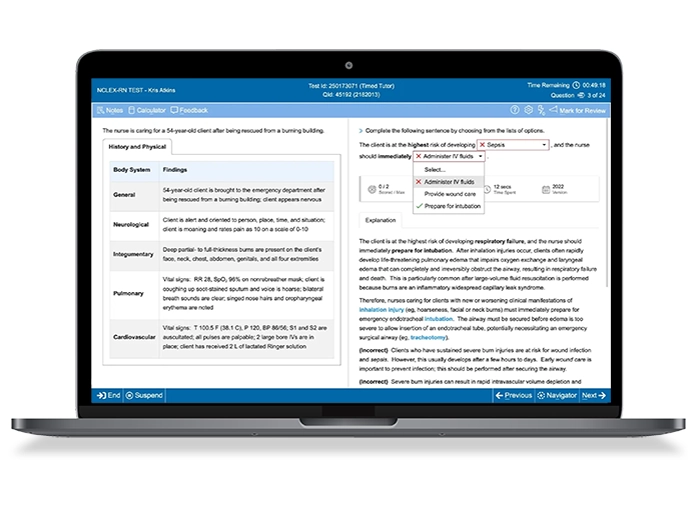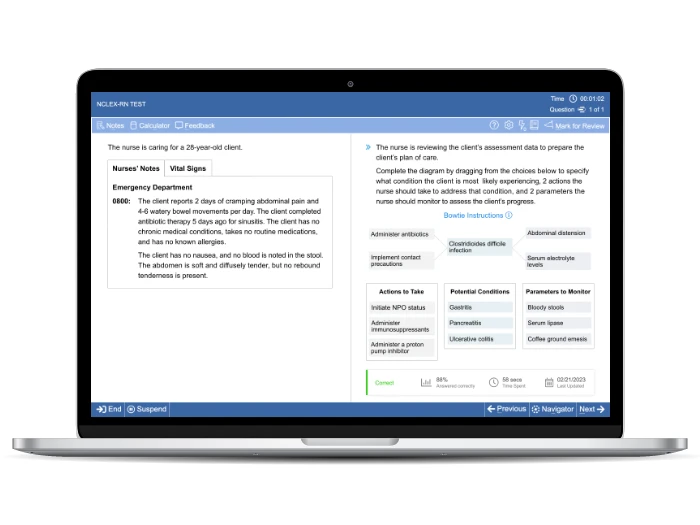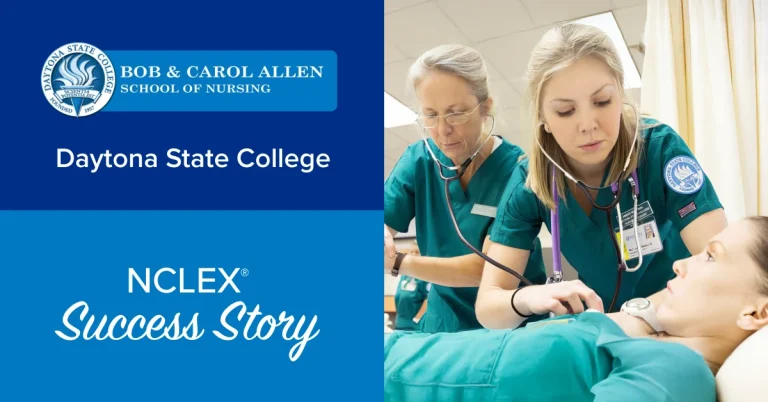When it comes to determining academic success, a new question has been raised in recent years: What is your mindset?
Previously, in setting academic goals and expectations, students asked questions of themselves such as, What is my intelligence level? What opportunities have I been given? What are my limitations? What are my natural strengths?
But these questions are now being challenged in business and in academia. Is it possible that our progress is not determined by what we have, but rather by what we are willing to develop?
In her book Mindset: The New Psychology of Success, Carol Dweck, Lewis and Virginia Eaton Professor of Psychology at Stanford University, offers groundbreaking research on the difference between a “growth mindset” and a “fixed mindset.”
The summary of the two mindsets is simple . . .
- A fixed mindset is demonstrated when a person believes his or her talents are innate gifts and that individual traits cannot change.
- A growth mindset is demonstrated when a person believes that his or her talents can be developed through hard work, good strategies, and input from others.
For nursing students, embracing a growth mindset instead of a fixed mindset can significantly contribute to didactic, clinical, NCLEX®, and eventual career success.

Examples of a Growth Mindset at Work
In her TED Talk, Dweck talks about the “power of yet.” She begins her discourse by saying:
“I heard about a high school in Chicago where students had to pass a certain number of courses to graduate, and if they didn’t pass a course, they got the grade “Not Yet.” And I thought that was fantastic, because if you get a failing grade, you think, I’m nothing; I’m nowhere. But if you get the grade “Not Yet,” you understand that you’re on a learning curve. It gives you a path into the future.
Drilling down on the “power of yet” and a growth mindset, Dweck shares an experience where she gave a group of 10-year-olds academic problems that were difficult, slightly above their learning experience.
Students with a growth mindset reacted positively, saying things like, “I love a challenge.” Other students, students with a fixed mindset, reacted much differently. They felt as if they had failed and were being judged unfairly.
Even at a young age, at the most basic level, some students feel they can learn, grow, and develop through challenges, while other students see the same challenges as proof they aren’t inherently smart enough to succeed.
Are You Bringing a Growth Mindset or a Fixed Mindset into Your Nursing School Experience?
To discover which mindset you bring to your learning experience, it is necessary to do an honest self-inventory of your thought processes.
For example: Are you motivated by complex material or intimidated? Do you see setbacks as abject failures or opportunities to grow? Does someone else’s success inspire you or threaten you? These are a few of the differences between a growth mindset and a fixed mindset.
If you’re wondering how to develop a growth mindset, here are a few suggestions . . .
- Instead of saying, “I’m not good in microbiology,” add the word yet — “I’m not good in microbiology yet.” This fosters the mentality that you are going to do the work and get the help you need to strengthen this current academic weakness.
- Instead of thinking, I’m trying my best, but it’s not working. I’m still not getting this concept. Maybe I’m not cut out for nursing., chose to look for a solution. The problem isn’t that you can’t learn the material, the problem is that your current approach isn’t working. A growth mindset looks for a new approach that is more effective.
- Move past the “memorization trap.” Memorization by itself isn’t necessarily learning. There may be others who can naturally memorize more information than you, but don’t be intimidated by that fact. That doesn’t mean they are learning and you are not. A growth mindset combines effort, persistence, new strategies, and collaboration to maximize the learning process.
- Look at academic challenges differently. When facing a particularly difficult assignment that requires a lot of time and intellectual energy, choose to see this as a rare opportunity to learn. Avoid becoming discouraged by the magnitude of the task. This challenge isn’t highlighting your inability, it is actually expanding your future abilities, helping you target areas where you have the most opportunity to grow and making you a more efficient learner.
Nursing school isn’t easy. The late nights, tight budgets, looming deadlines, and mountains of information can be quite overwhelming. When you face these challenges, remember, it’s not either “I have what it takes” or “I don’t have what it takes.” A growth mindset recognizes that you are learning and developing “what it takes” each and every day. It’s the “power of yet.” Understanding this can make all the difference in your journey to becoming a nurse.
Are you preparing for an upcoming NCLEX® exam? UWorld’s NCLEX Review course includes everything you need to pass the first time! Learn while you practice with our hallmark NCLEX-style questions and detailed rationales. Take a deeper dive on high-yield concepts with our engaging video series, designed to keep you focused on the most important information. Measure your progress with detailed performance reports and regularly assess your NCLEX readiness with our statistically-validated assessments. The results? A smarter way to pass the NCLEX!







